Daniel Andrews responds to 12 staff cases at quarantine hotels
Daniel Andrews has responded to revelations that since August 1, there have been 12 reports of positive cases among staff at two quarantine hotels.
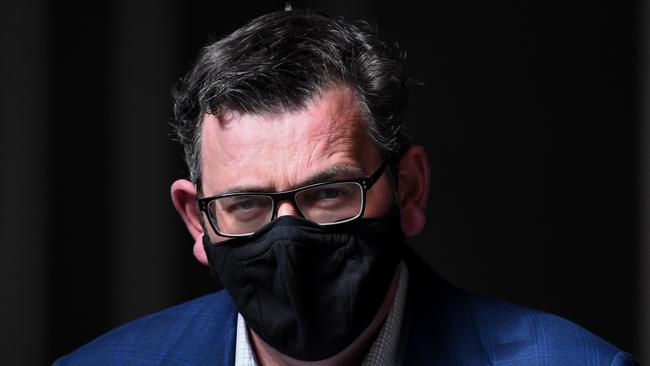
Victorian Premier Daniel Andrews has cited the “wildly infectious nature” of coronavirus when asked to respond to revelations that since August 1, there have been 12 reports made to his government of positive cases among staff at two quarantine hotels.
While Victoria’s hotel quarantine program stopped taking new arrivals in June following coronavirus clusters among private security guards at two hotels which have been linked to the state’s second wave, two other hotels have provided quarantine for vulnerable community members who cannot safely isolate at home, including residents of Melbourne’s public housing commission towers.
These hotels are the Brady Hotel and Hotel Grand Chancellor in Central Melbourne, although the Grand Chancellor‘s involvement in the program ceased on September 14.
Asked to respond to a story in The Saturday Paper that 12 reports of positive cases among staff were made, including private contractors, none of which have been publicly disclosed, Mr Andrews told The Australian: “I’m happy to come back to you on all of those matters.”
“The issue around the wildly infectious nature of this, I think, is well known, and there are issues that come direct from it,” Mr Andrews said.
He said it was likely that at least 50 of the 72 health workers with active coronavirus cases on Saturday had contracted the virus at work.
“Anybody who is working in environments where there is a large number of positive cases, there’s obvious risks there. As to the specifics you have raised I’m happy to chase it up,” Mr Andrews said.
The hotels are being managed by the Department of Justice and Community Safety, and Alfred Health, but some work at the sites has been subcontracted by Alfred Health to cleaning and security company Spotless, which has had coronavirus cases linked to workers at other sites.
Asked whether he was concerned given what has been learned from mistakes made in the original hotel quarantine program, that casual and contract workers were still being employed to run hotel quarantine, Mr Andrews said: “Let me come back to you as to the accuracy of that comment, I don’t have all the detail to hand in terms of those two hotels that you referenced.”
“This is a program that’s been reset,” Mr Andrews said.
“It’s a different program in that it is not dealing with international travellers, in the main.
“There may be one or two where there are compassionate issues and things of that nature, but it’s mainly dealing with vulnerable people, and their vulnerability can relate to their circumstances or somebody else in their home, where if they were to try and isolate at home they may well give it to everybody else in the house, and a number of those people may have underlying conditions, all of those sorts of issues, so leave that with me and I will have someone come back to you.”
A DJCS spokeswoman later provided a statement which did noy answer the question of how many people who have worked at the Brady and Grand Chancellor hotels have tested positive for coronavirus since August 1.
The statement did not say whether casual and contract staff were still involved in working hotel quarantine, nor what has been done in terms of contract tracing to determine whether these people contracted the virus at work.
The Australian has requested answers to all those questions.
The spokeswoman said one positive case could have resulted in “multiple WorkSafe notices from various organisations involved”.
“If you have 12 notifications, that doesn’t necessarily mean there are 12 positive cases,” she said, not disclosing how many positive cases there had been.
“The Department of Justice and Community Safety is strengthening infection control, professional standards and oversight across COVID-19 accommodation,” she said.
“The program continues to support members of the community who are unable to isolate or quarantine at their own place of residence, including people who are homeless, fleeing domestic violence and our frontline workers.
“Staff safety is paramount, especially in health hotels where positive cases are accommodated, and we’ve strengthened processes and fast-tracked contact tracing when a positive case is identified.
“Health hotels, where confirmed cases and close contacts of confirmed cases are accommodated for their isolation period, are overseen by the Department of Justice and Community Safety, assisted by Alfred Health.
“Resident supervision at health hotels is carried out by Victoria Police. Department employed and trained Resident Support Officers are responsible for supervision at other locations.
“Under strengthened infection control standards, site exclusivity protocols and restrictions for staff movement between sites have been introduced where required.”


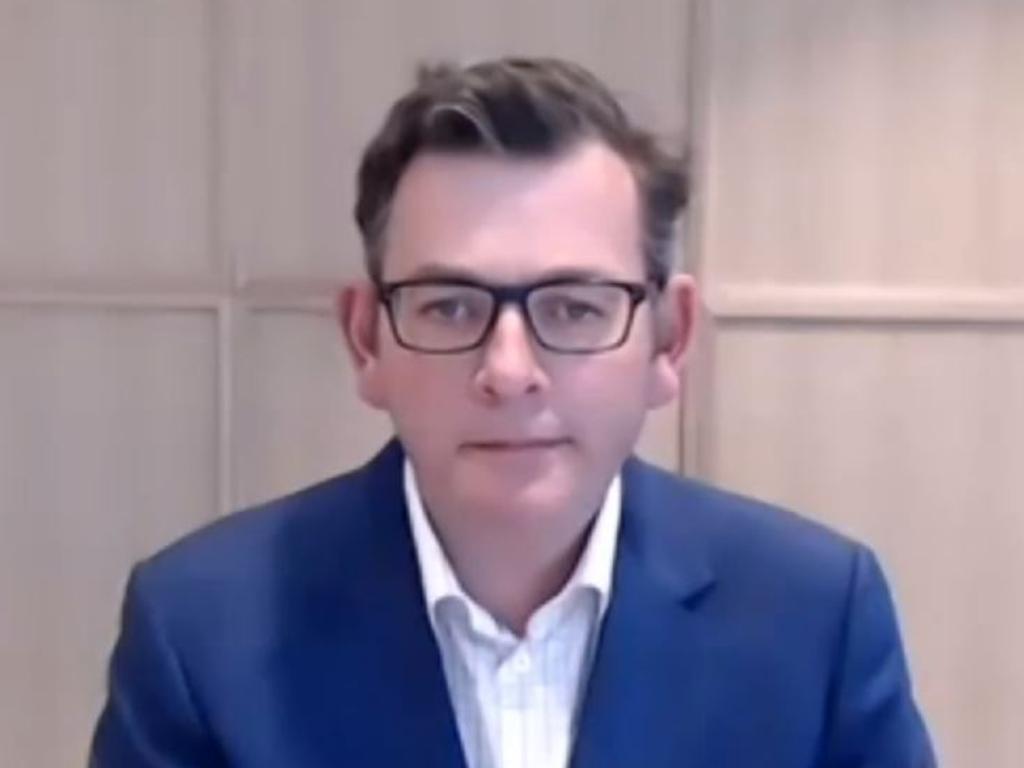

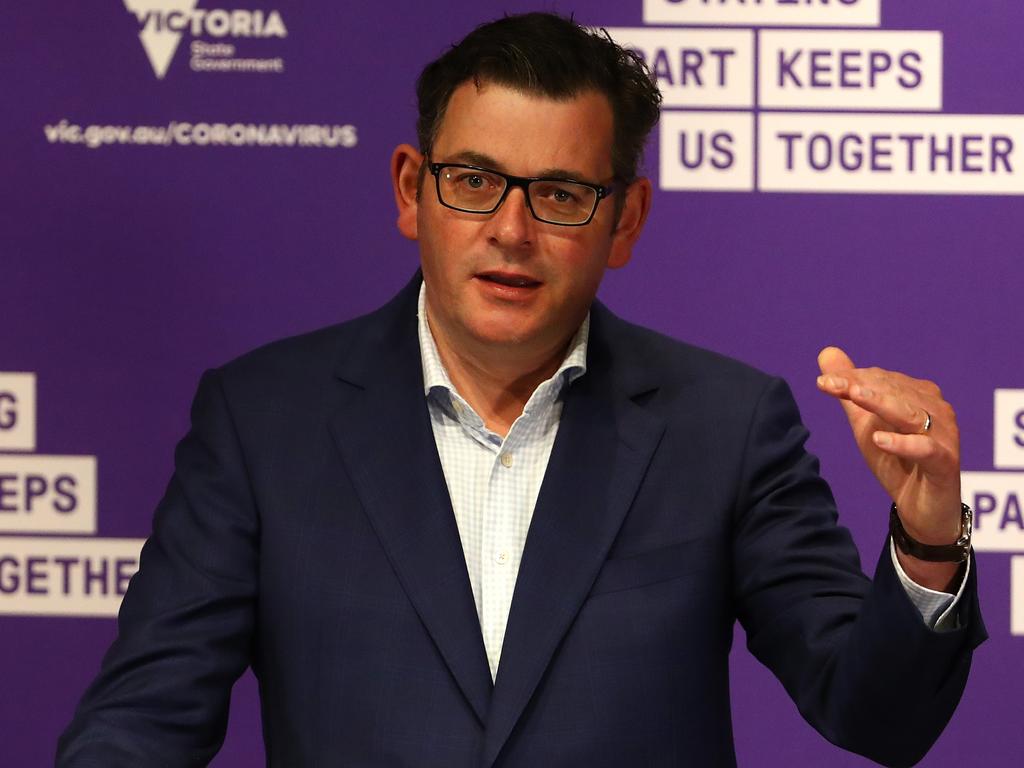

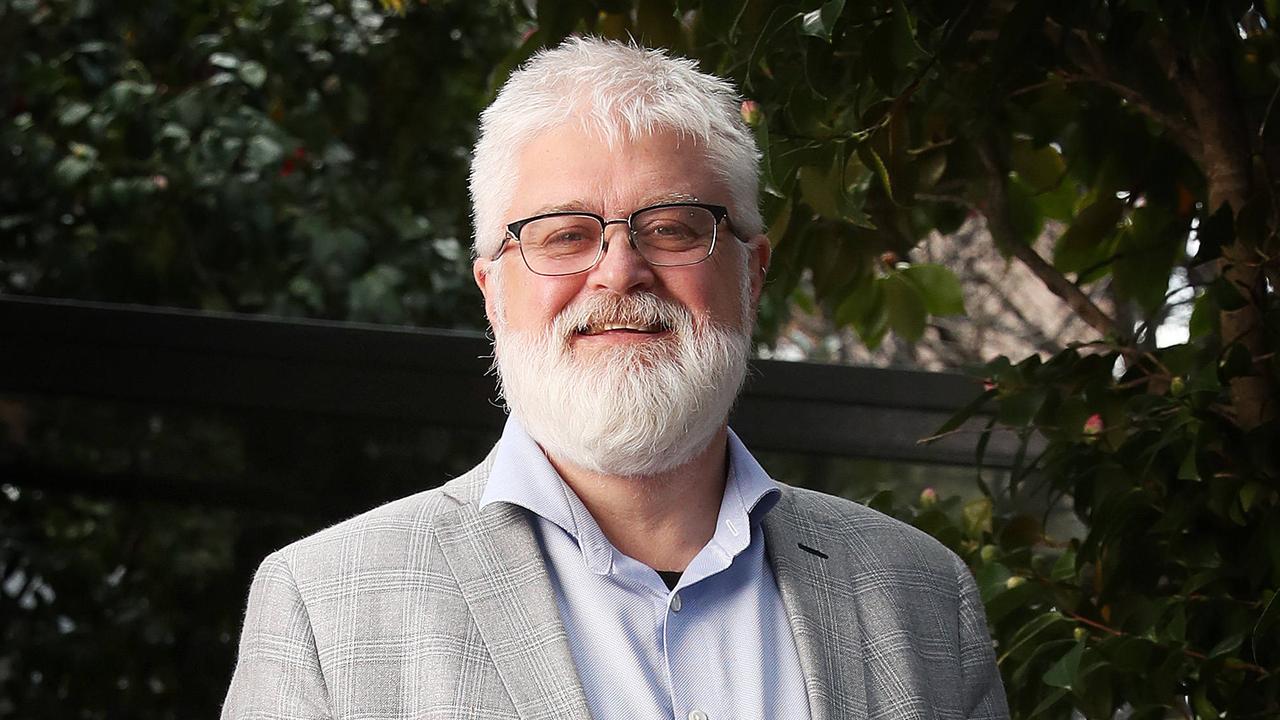
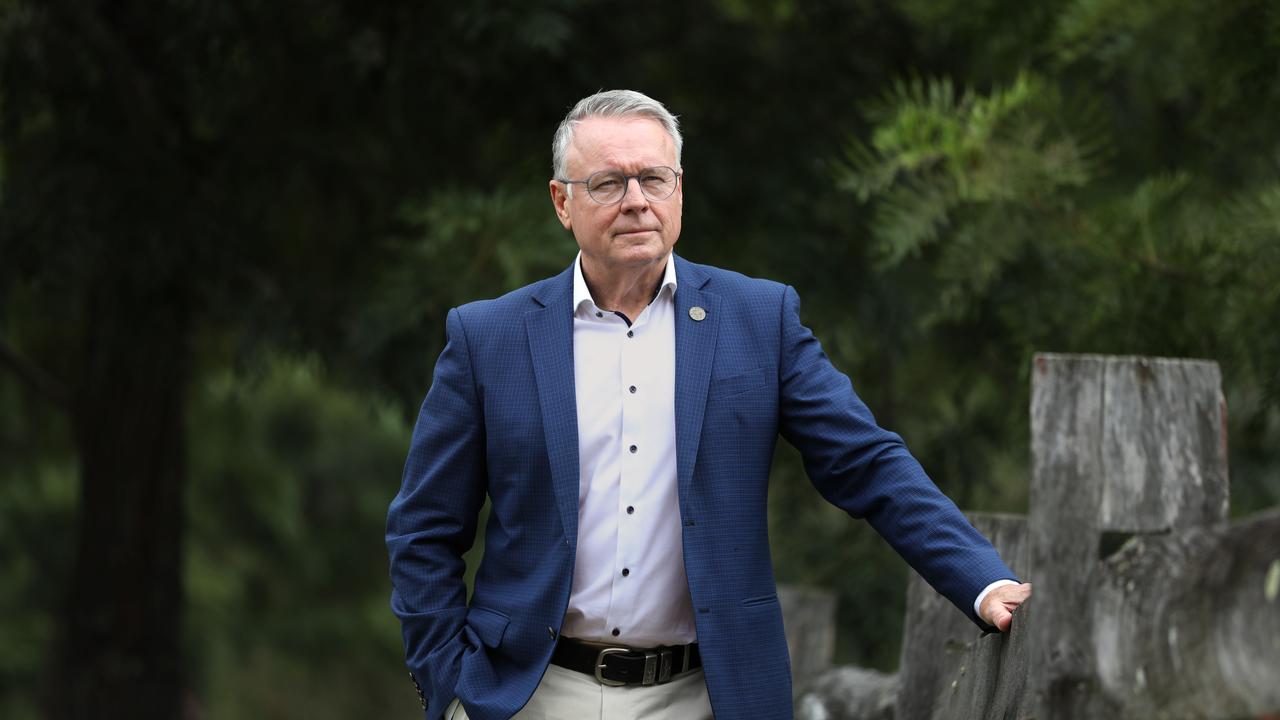
To join the conversation, please log in. Don't have an account? Register
Join the conversation, you are commenting as Logout